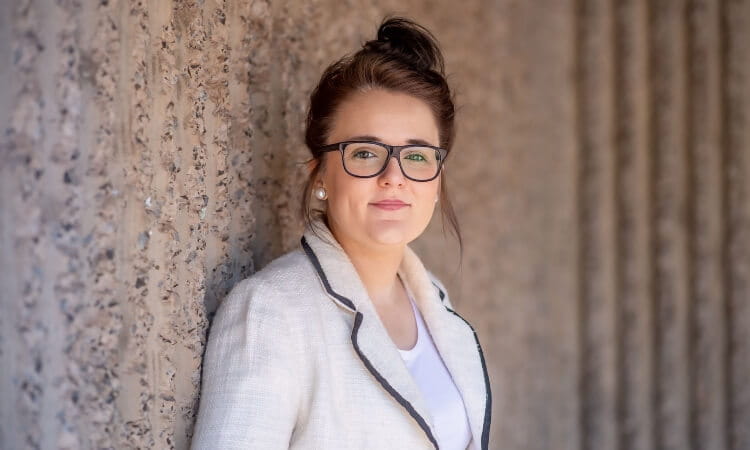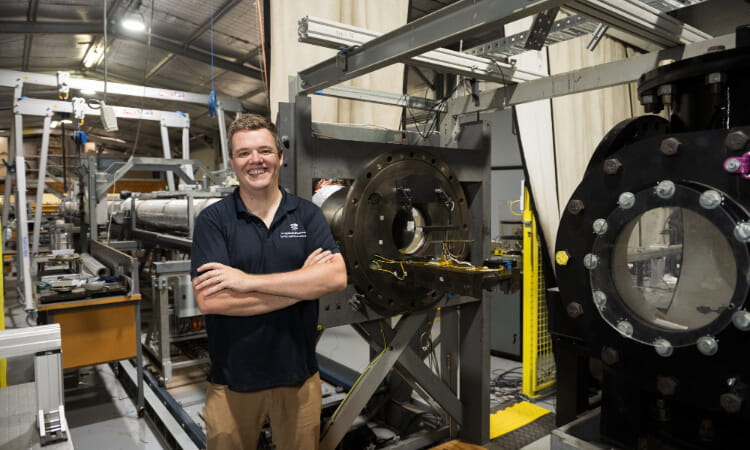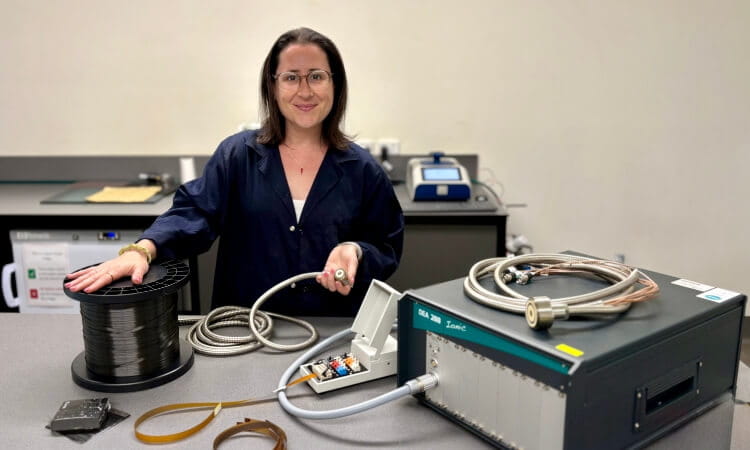University of Southern Queensland academic Dr Kate Cantrell has reached more than one million reads worldwide through the independent, not-for-profit news platform, The Conversation.
Since 2021, Dr Cantrell has authored 24 articles exploring children’s literature, trauma, and adolescence, attracting a global audience with more than 60 per cent of her readership overseas.
She is The Conversation’s top contributor on children’s literature and a leading contributor to the study of trauma and adolescence.
Dr Cantrell is also the number one contributor to research on the beloved children’s author Roald Dahl, having written about the interplay of class, power, and materialism in his books.
Her readership places her in the top 1% of Australian and New Zealand authors on the platform.
Dr Cantrell said that for academics, writing for amplifier platforms such as The Conversation was “a no-brainer”.
“Artists-academics are uniquely positioned to translate research into real-world impact,” she said.
“Writing for The Conversation has allowed me to combine arts research with arts advocacy by taking my research beyond the academy and putting it in front of policy makers, practitioners, and everyday readers who shape culture and public debate.”
Dr Cantrell’s most recent article, ‘Wealthy, whiny, and wildly tone deaf’, was a sharp commentary on the popularity of ‘priv-lit’, framed through a review of Elizabeth Gilbert’s new memoir, All the Way to the River.
Her most widely read article, ‘Everyone loves Bandit from Bluey – but is he a lovable larrikin, or just a bad dad?’, co-authored with David Burton in 2022, attracted more than 200,000 reads and was republished in the best-selling anthology, Essays that Got the World Thinking (Thames & Hudson).
Dr Cantrell’s Conversation articles have been republished by the ABC, the Sydney Morning Herald, and Asia Times, and have led to international television and radio engagements with the BBC, France 24, and Radio New Zealand.
When asked about her publishing success, she praised her editors at The Conversation for helping to sharpen her research for an intelligent but non-specialist audience.
Dr Cantrell will appear as a panellist at the next UniSQ Thought Leadership Series event, Fake News and the Fourth Estate, on the evening of Thursday 2 October.
The event, which brings together experts and the community, will interrogate how citizen journalism and social media are transforming the way the public consumes news.
Dr Cantrell has provided extensive commentary on the rise of true crime podcasts and the trial of the so-called ‘mushroom cook’, Erin Patterson.
“New media present new challenges to our legal safeguards, calling into question a range of tensions between the pursuit of justice and the rights of the individual,” she said.
“Obviously, the internet has played an enormous role in the evolution of true crime, allowing the public to become more involved in these stories than ever before.”
Dr Cantrell also writes regularly for Times Higher Education, where she advocates for the importance of trauma-informed practice in higher education.



